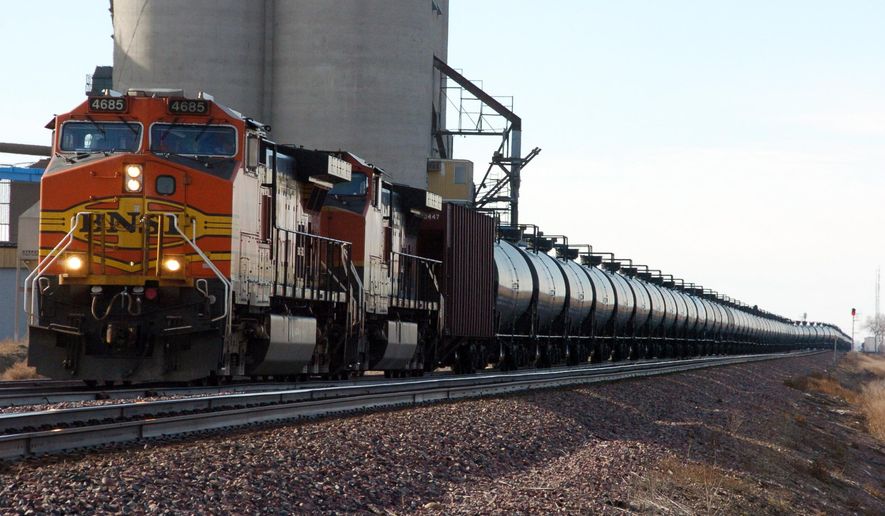OPINION:
Forty years ago America was in a panic. The world was running out of oil. Cars lined up around the block at every gasoline station in town. President Nixon took a commercial flight to California, riding (first class) with the semi-ordinary folk, and leaving Air Force One in the hangar. Congress enacted a law prohibiting selling American oil abroad. Cheap oil was gone for good and America was resigned to kowtowing to the shieks of Arabia forever.
The man who turned all that around is Harold Hamm, the chairman of Continental Resources, who made “fracking” a household word, and turned North Dakota into the Saudi Arabia (without the Arabs) of the new world, and is largely responsible for moving the United States close to the long-sought goal of “energy independence.”
The price of oil continues to fall, the nation is awash in oil, domestic consumption has leveled and may be dropping, and certain nations that have lived for years on high-priced oil are beginning to see trouble on the horizon. This time it’s the oil sheiks who are indulging panic. Mr. Hamm came to Washington this week to tell the House Agriculture Committee why the ban on exporting oil is no longer needed and should be repealed. Mr. Hamm’s arguments make sense.
With the good news comes the usual not-so-good news. There are several kinds of oil and U.S. refineries are set up to refine heavy, or sour crude, that comes from Saudi Arabia. Fracking extracts light, or “sweet” crude. Under the law adopted 40 years ago the United States cannot export the oil it cannot refine, but can export gasoline refined from oil bought from the sheiks.
The lighter, sweet crude pumped out of the ground in North Dakota and parts of Texas and Oklahoma is stored rather then used, and when it can be sold it goes at bargain rates to the few American refineries that can refine it. Building new refineries to accommodate American oil is difficult, thanks to environmental extremists and their cronies in the government. Worse, many refineries that can refine the heavy crude are owned by the very people who sell us the heavy crude.
The economic consequences of lifting the ban on the export of oil are clear. A 2014 study by a well-regarded consulting group predicts that lifting the ban might lower domestic gasoline prices, lead to $750 billion in additional domestic investment, increase U.S. oil production by as much as 1.2 million barrels a day and create 394,000 jobs. Congress is impressed, and is considering lifting the ban, but whether it does depends not on logic, but politics.
The president is, in the word of the analysts, “ambivalent.” Many Democrats, beholden to the crazy environmental lobby, find the prospect of producing more oil “distasteful,” Better to live in caves illuminated by oil lamps supplied by Saudi Arabia. Others see new technology as a curse, not a blessing, and still others are blissfully ignorant of how the energy industry, free markets or innovation actually work.
They should listen to the common sense of Harold Hamm. He understands how the world works. The ban should be lifted.




Please read our comment policy before commenting.